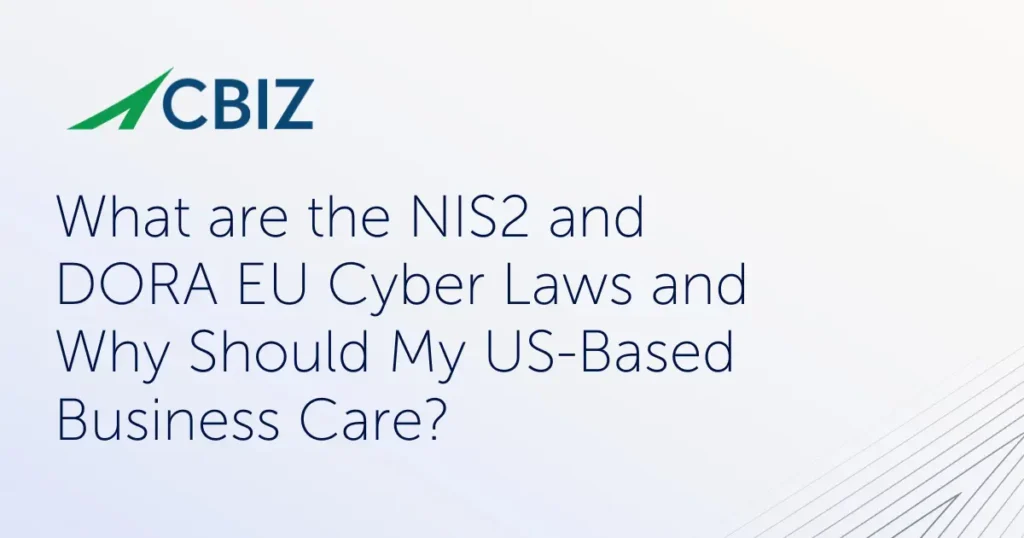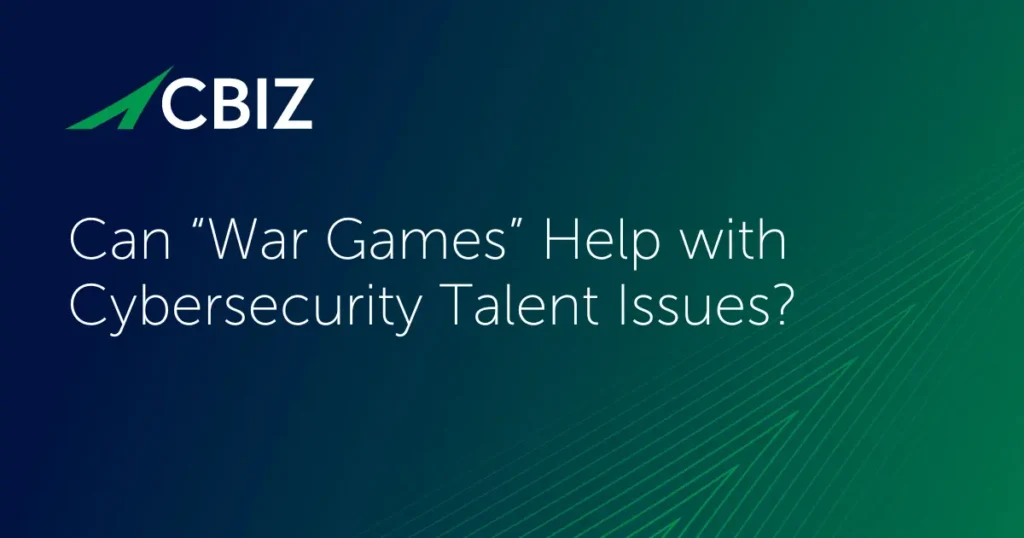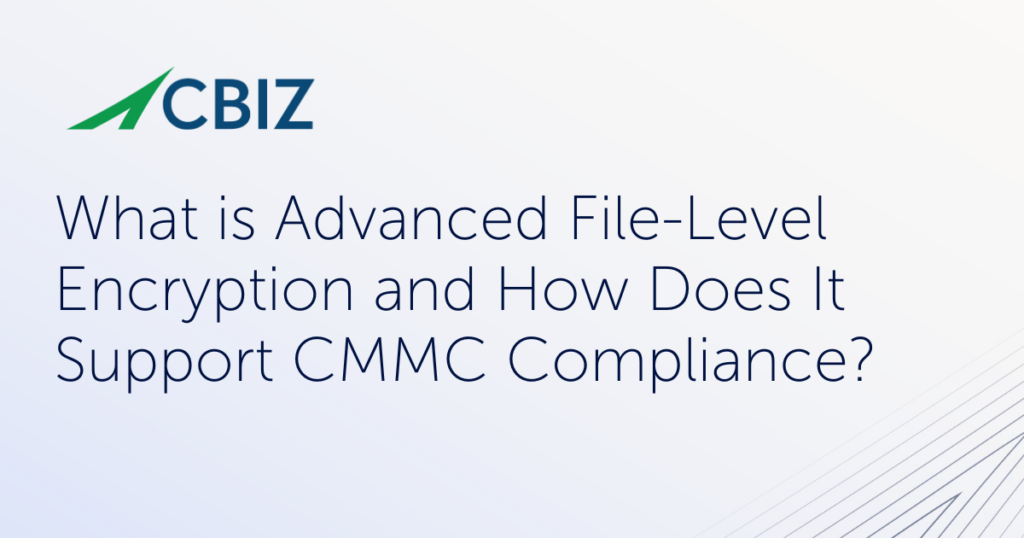Last Updated on January 29, 2025
A recent episode of our The Virtual CISO Podcast covers information security from a fresh angle: what the profession can do to our health, and how to address those risks.
The episode features the well-known holistic cardiologist, author and thought leader Dr. Joel Kahn speaking with host John Verry, who is not only Pivot Point Security’s CISO and Managing Partner but also a patient of Dr. Kahn. This is undoubtedly one of the most timely and valuable episodes in the series so far.
Information security work is highly stressful even without the extra challenges brought on by COVID-19.
Many InfoSec professionals face daily stress that can significantly increase the risk of physical and psychological illness, particularly cardiovascular disease. Stress also weakens the immune system, which is the last thing anybody needs in the midst of a viral pandemic.
Dr. Kahn is a strong advocate for preventive heart disease testing for executives. He’s also an expert on lifestyle changes, including simple strategies we can use at home and at work to reduce or offset the impacts of stress and long work hours.
The top three strategies Dr. Kahn recommends to help execs improve heart health are:
- Mindful breathing
- “Fitness snacks” as part of an overall exercise plan
- Getting enough sleep
If you’re still with us, at the end of the post we’ll share a fourth “bonus strategy” that has at least as much beneficial health impact as any of those three.
One: Mindful breathing
Before we can release stress, we need to be aware that we’re stressed. Being mindful and aware of one’s stress or aggravation level is that first big step in the right direction.
Next is doing something positive to counteract the stress. “Breathwork is the best of choices,” asserts Dr. Kahn. It’s also probably the easiest and most natural option.
He further recommends some technology to support our internal monitoring. “There’s apps,” Dr. Kahn shares. No surprise there! A few he recommends are Calm, Headspace and Breath Pacer. There are many more.
“Take a few minutes when you feel the pressure cooker rising. Sit at your desk and literally breathe,” advocates Dr. Kahn.
But, of course, apps aren’t essential to mindful breathing. Dr. Kahn teaches his patients a technique he credits to Dr. Andrew Wyle called four-seven-eight breathing. You slowly breathe in through your nose for four seconds, then hold your breath for seven seconds. Then breathe slowly out through your mouth for eight seconds. Do it four times, for a total time investment of about 75 seconds.
“It actually helps rebalance that stress system called the sympathetic [nervous system] and the calm system called the parasympathetic,” Dr. Kahn notes. It’s great for before you walk into a meeting, face a difficult phone call or in-person interaction, or anytime you’d appreciate a “little sense of calm.”
Two: Fitness/moving your body
Another foolproof, natural way to systemically release stress is to exercise or just move your body.
“A workout every day clearly helps manage stress,” Dr. Kahn says. He also advocates what he calls “fitness snacks,” like using a standing desk for part of the day, walking up and down the hall, or taking the stairs instead of the elevator. “90-second little movements help,” observes Dr. Kahn. Exercise doesn’t have to be a full-on bootcamp drill or nothing.
Three: Sleep
Chronic stress can make it harder to sleep even if we make time for it. But sleep is our body’s recharging and rebuilding time. Without adequate sleep, we’re always behind the physiological 8-ball, with damage outpacing repair. It doesn’t take a CTO to recognize that that equation adds up to a system failure.
“It would be a big omission not to talk about getting seven square hours of sleep at night,” Dr. Kahn emphasizes. “We talk about three square meals. Get seven square hours—which takes discipline. You can’t go to bed at 1AM and wake up at 6AM and get seven hours. Nobody has an app that does that,” jokes Dr. Kahn.
Bonus: A “plant-forward” diet
If you’ve come this far, hopefully you’re ready to think about improving your diet! Good nutrition promotes healing and helps keep our bodies from getting overstressed from trying to process toxins and hard-to-digest foods.
“You’re not helping yourself if the stress is being managed with candies and soda and calorie-empty bagels and worse, fried food,” offers Dr. Kahn. “When you put good nutrition in it just prepares your body and does help protect your arteries.”
But what is good nutrition for humans? Despite an ongoing cloud of argument, the weight of scientific research is overwhelming and the debate has long been over: the optimal human diet is a plant-based diet.
To avoid ruffling feathers and invoking resistance with the word “vegan,” Dr. Kahn (a long-time vegan himself) suggests: “You want a ‘plant-forward’ diet. “I’m not going to beat on you, but some breakfast, some lunch and some dinners should be without animal products; dairy, eggs and meat. You should learn how to order [plant-forward] in a restaurant and create at home some variety. And you should at least up the amount of whole produce that you’re eating, unquestionably—for your cancer risk, your diabetes risk, your brain health, and certainly your heart health and your sexual health, to be honest.”
Going plant-forward is also the single most powerful step any person can take to reduce animal suffering and our environmental impact on the planet.
Dr. Kahn has written a popular book on how nutrition can stop and even reverse heart disease, called The Plant-Based Solution, which is available in paperback. Many, many similar sources are available. “You don’t need a doctor to tell you that. You can just go read,” Dr. Kahn adds.
To get all the great information on de-stressing strategies that’s not summarized above, click here to watch/listen to the whole podcast.
To discuss a proven strategy to improve the health of your organization’s information security posture, contact Pivot Point Security.



























